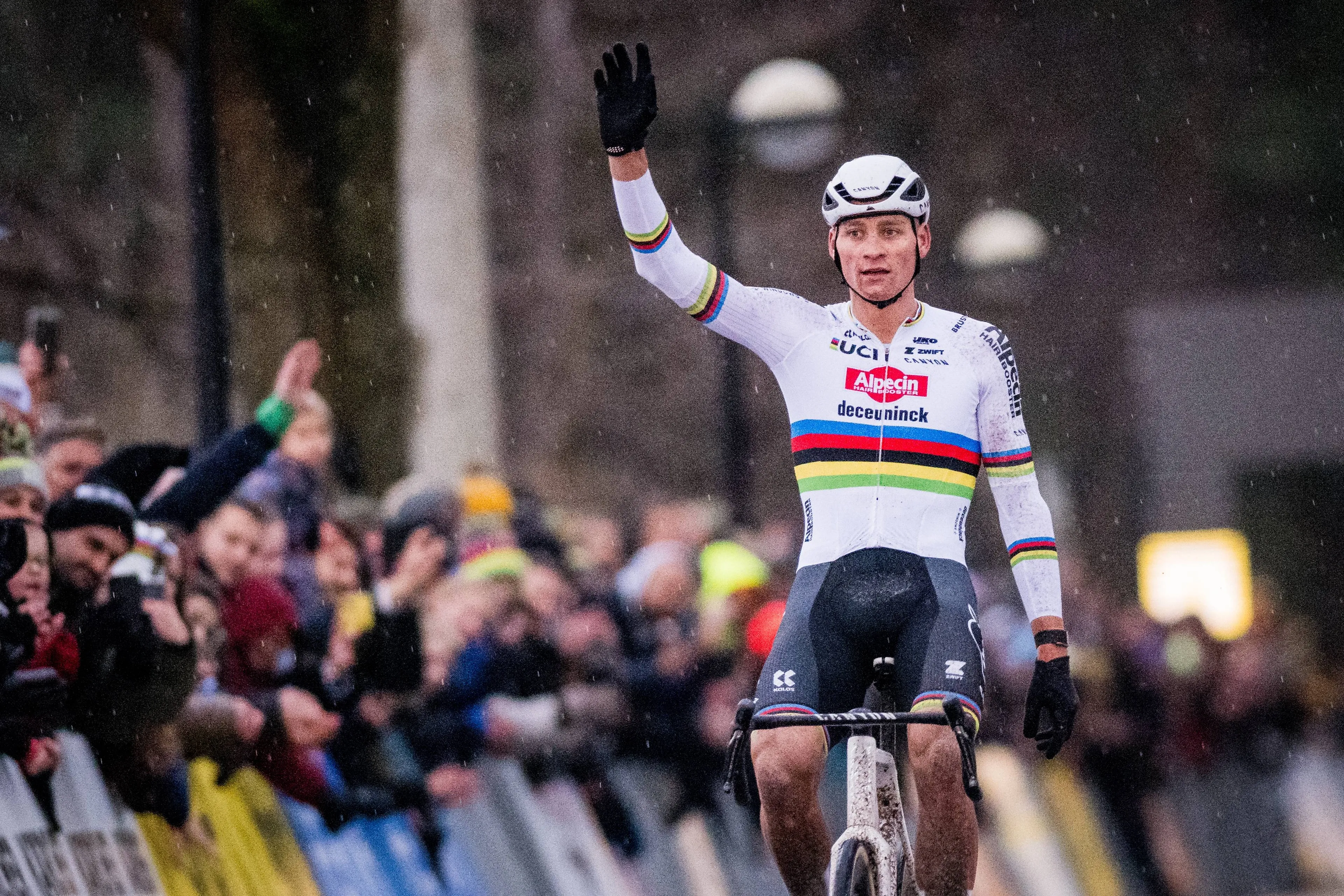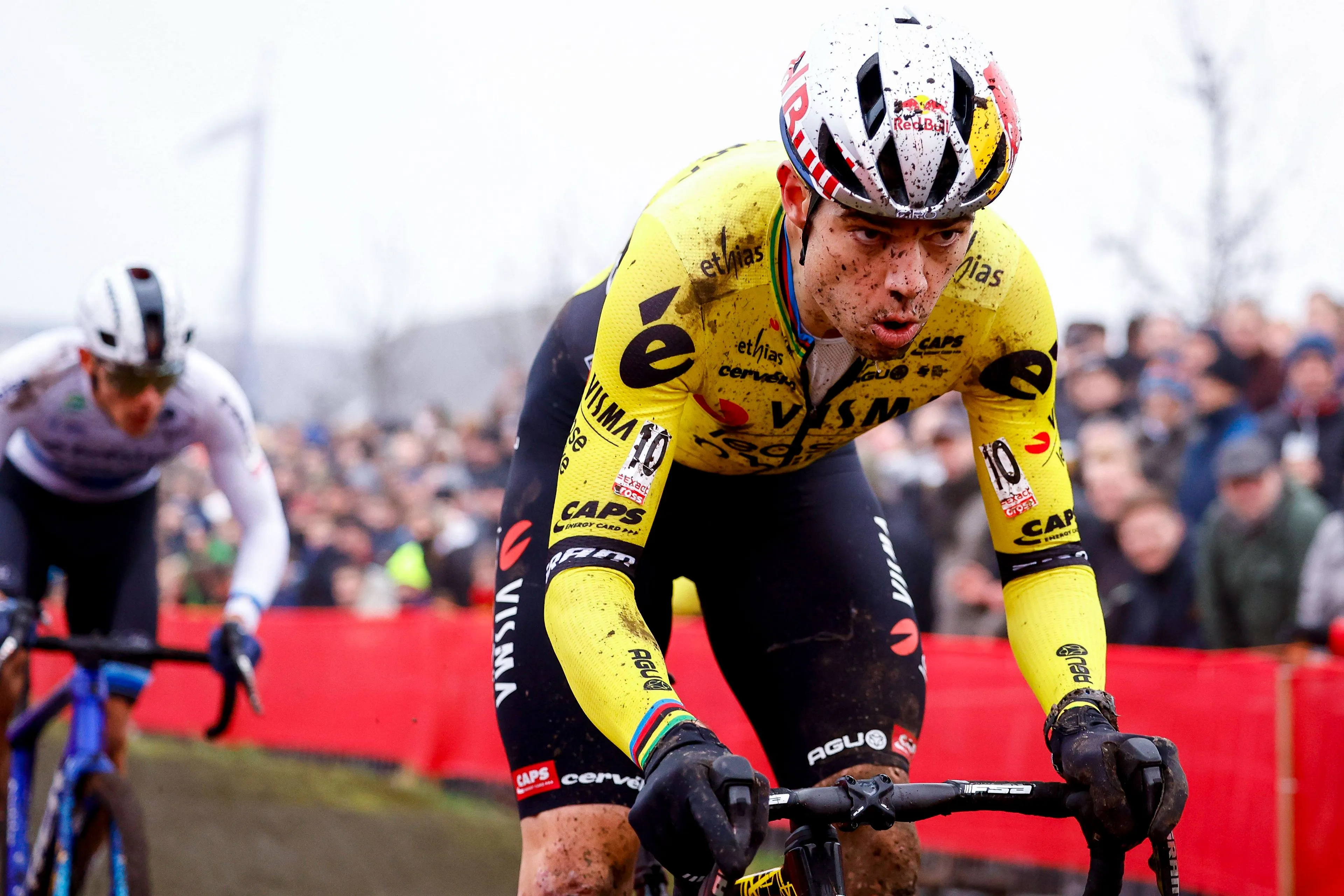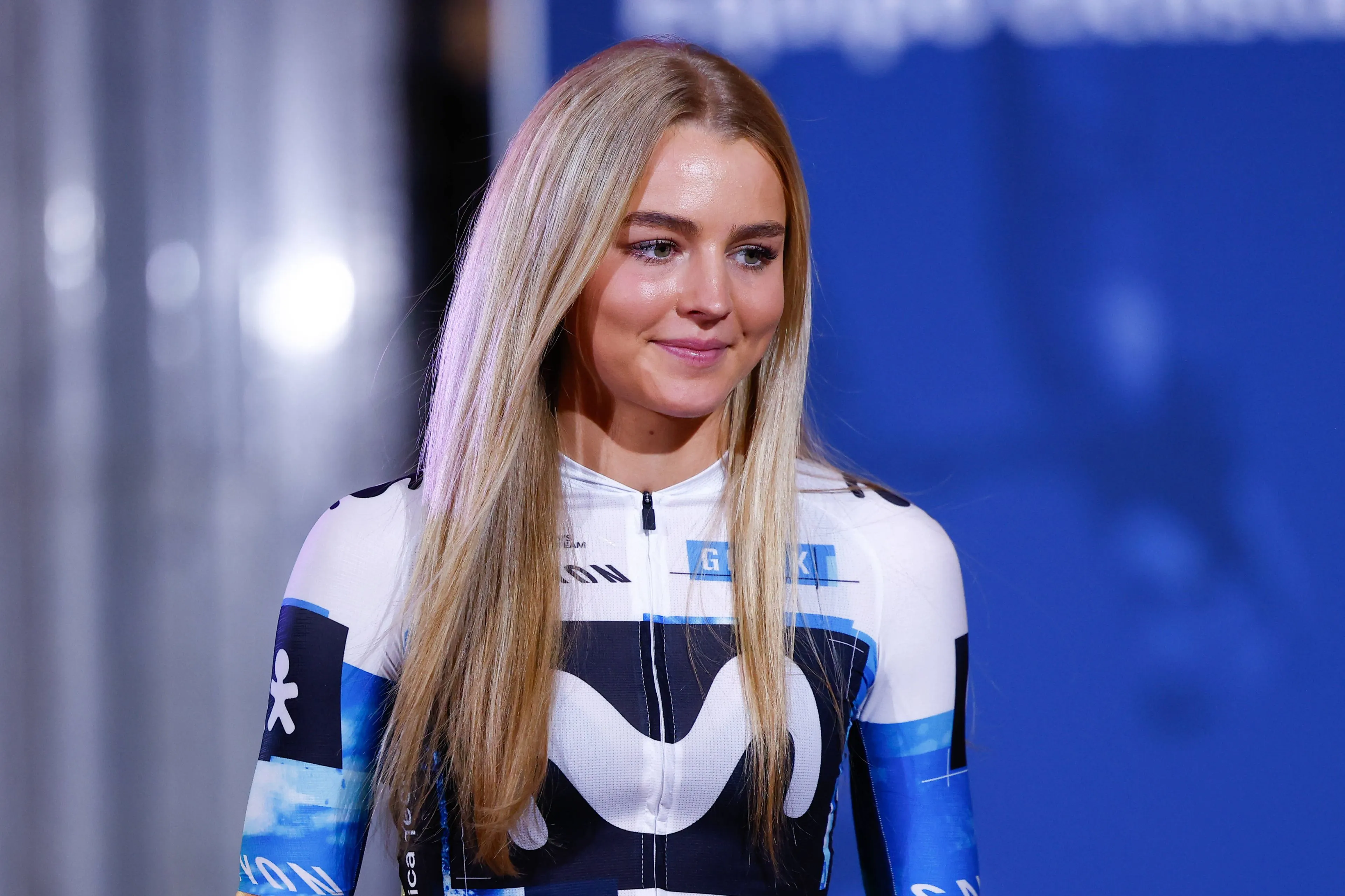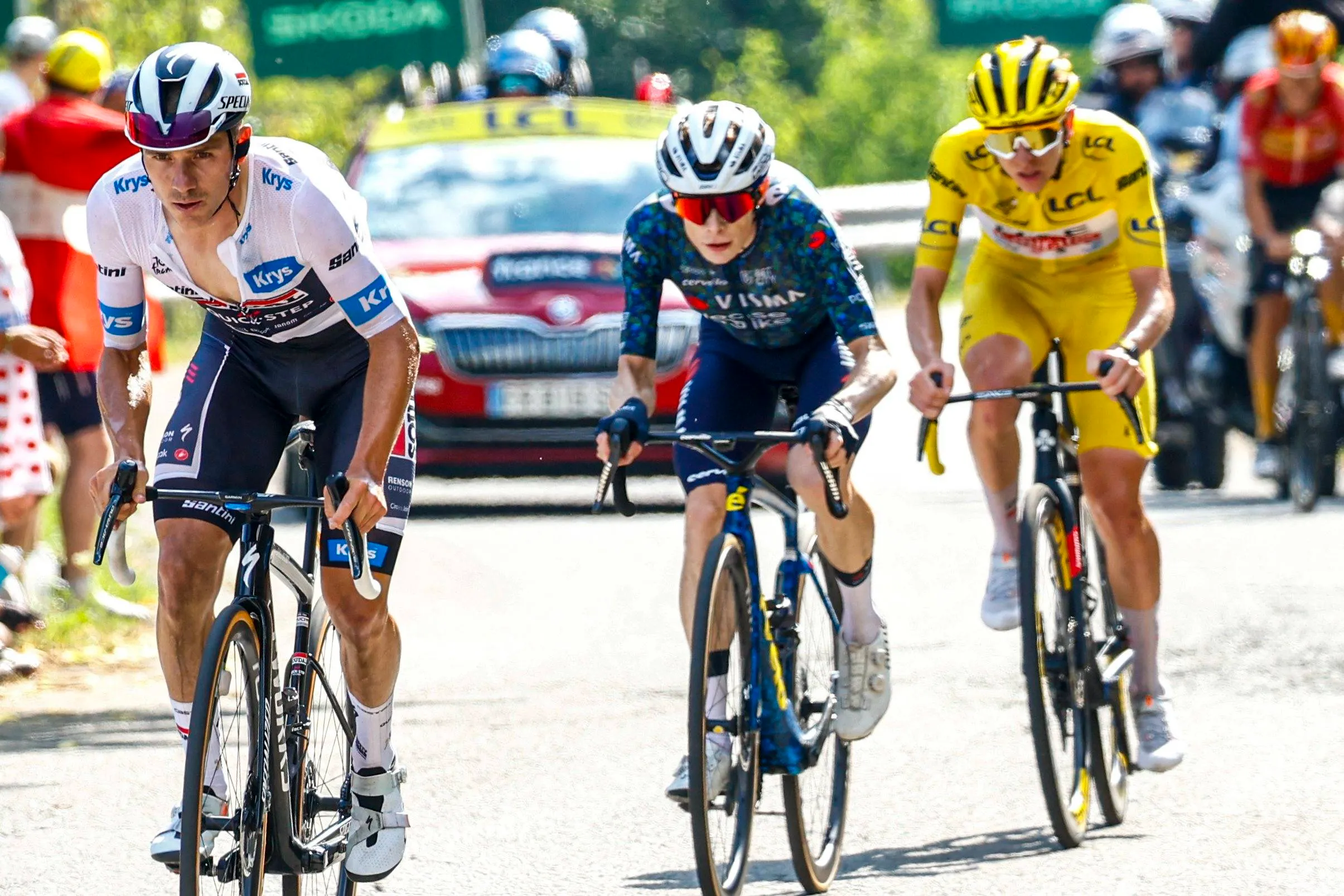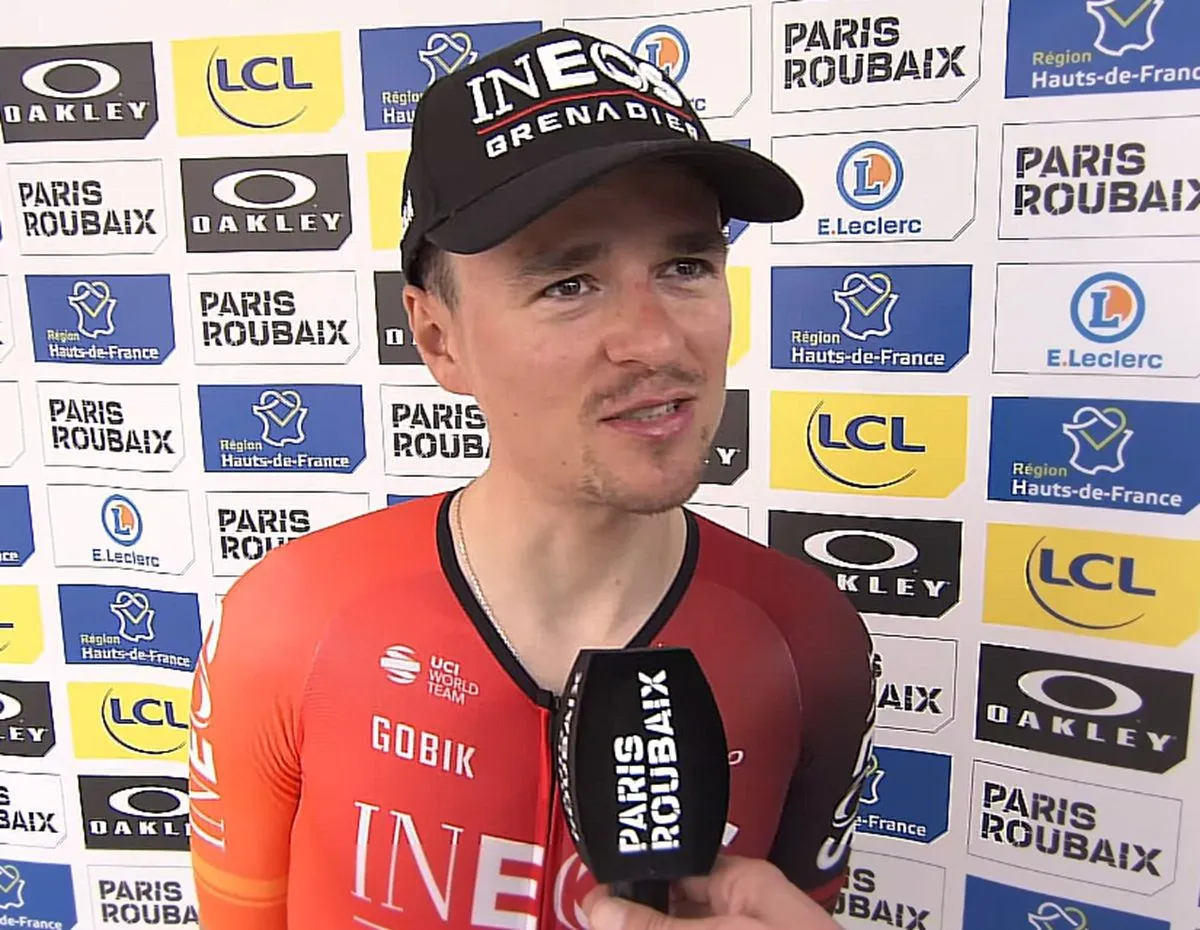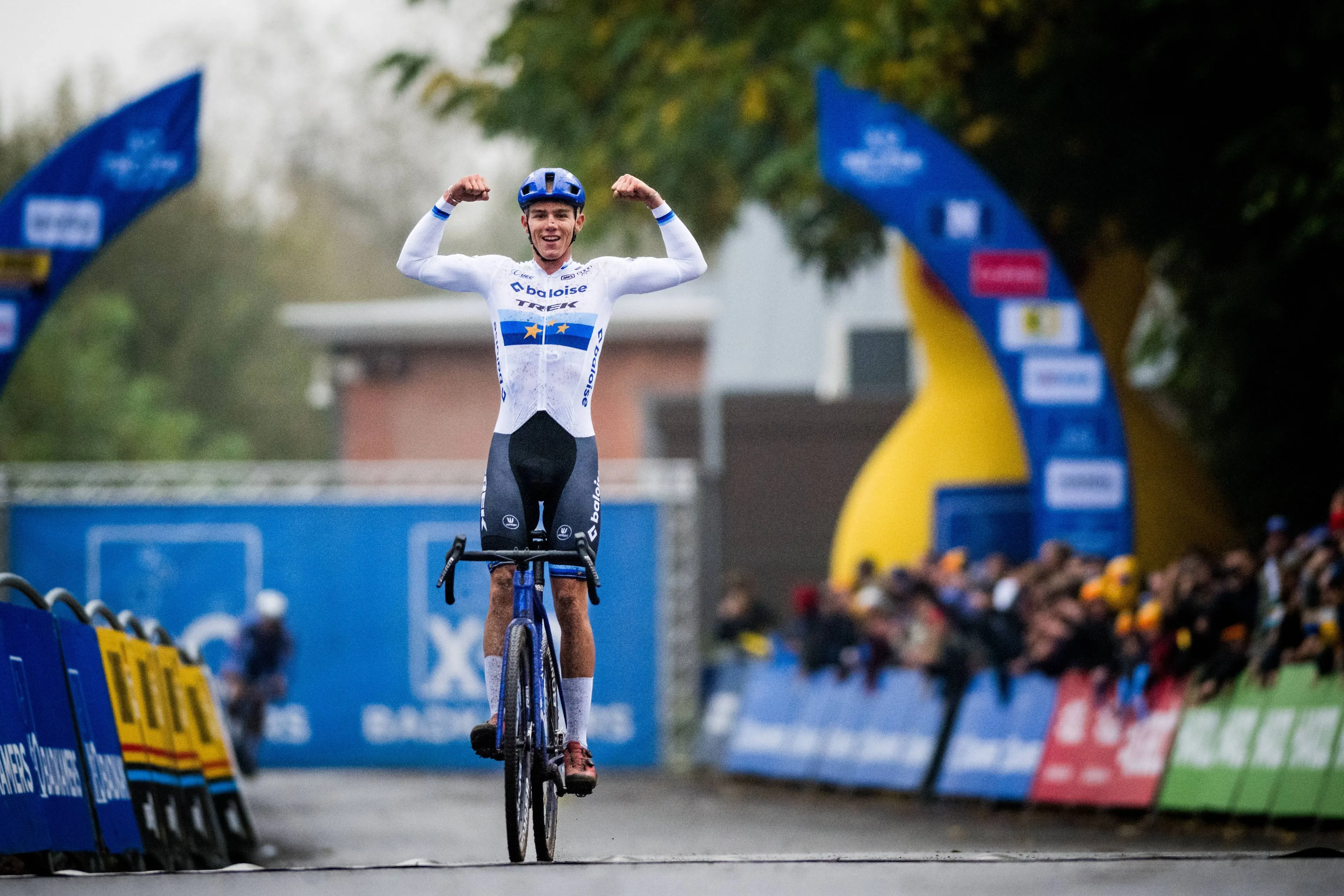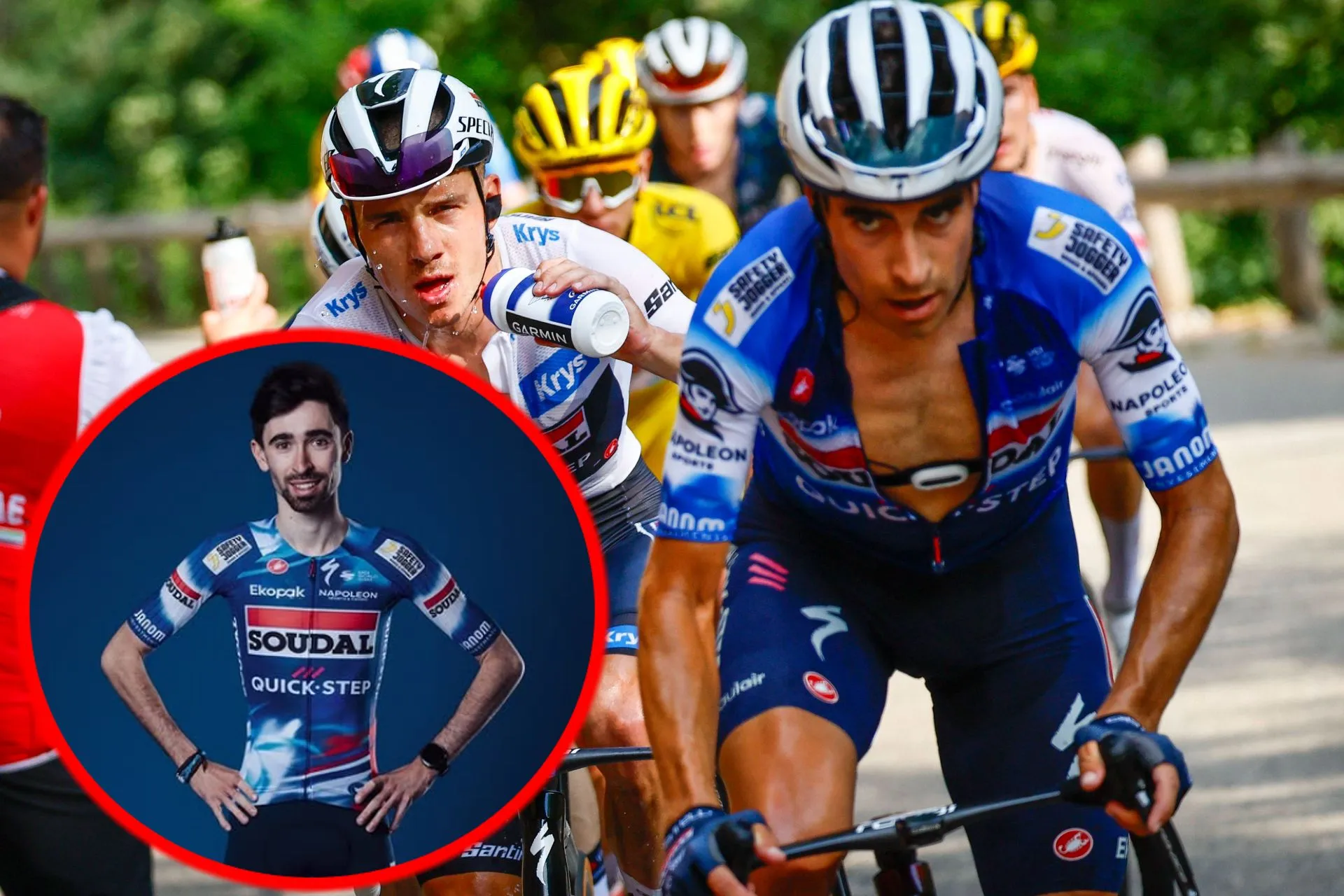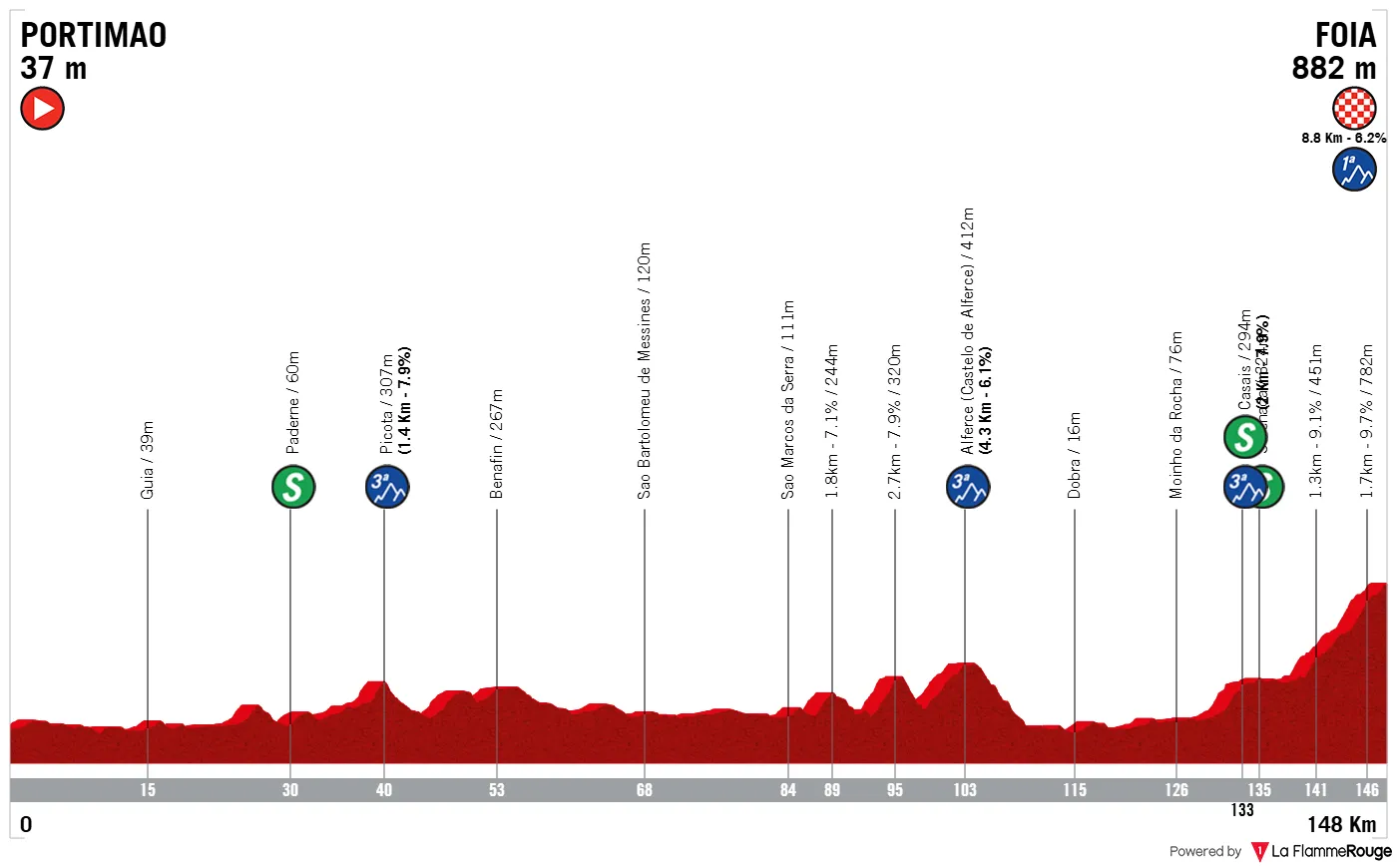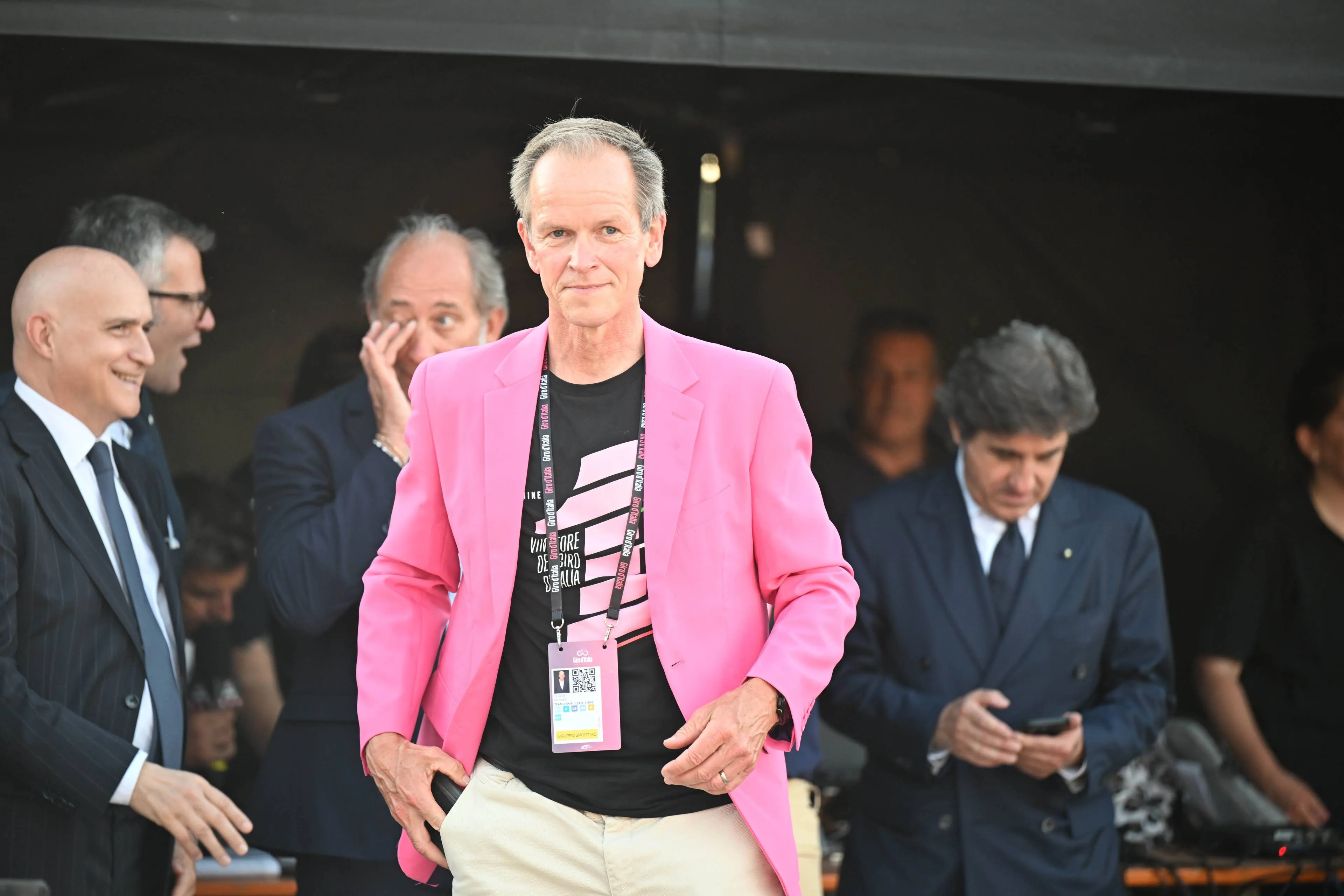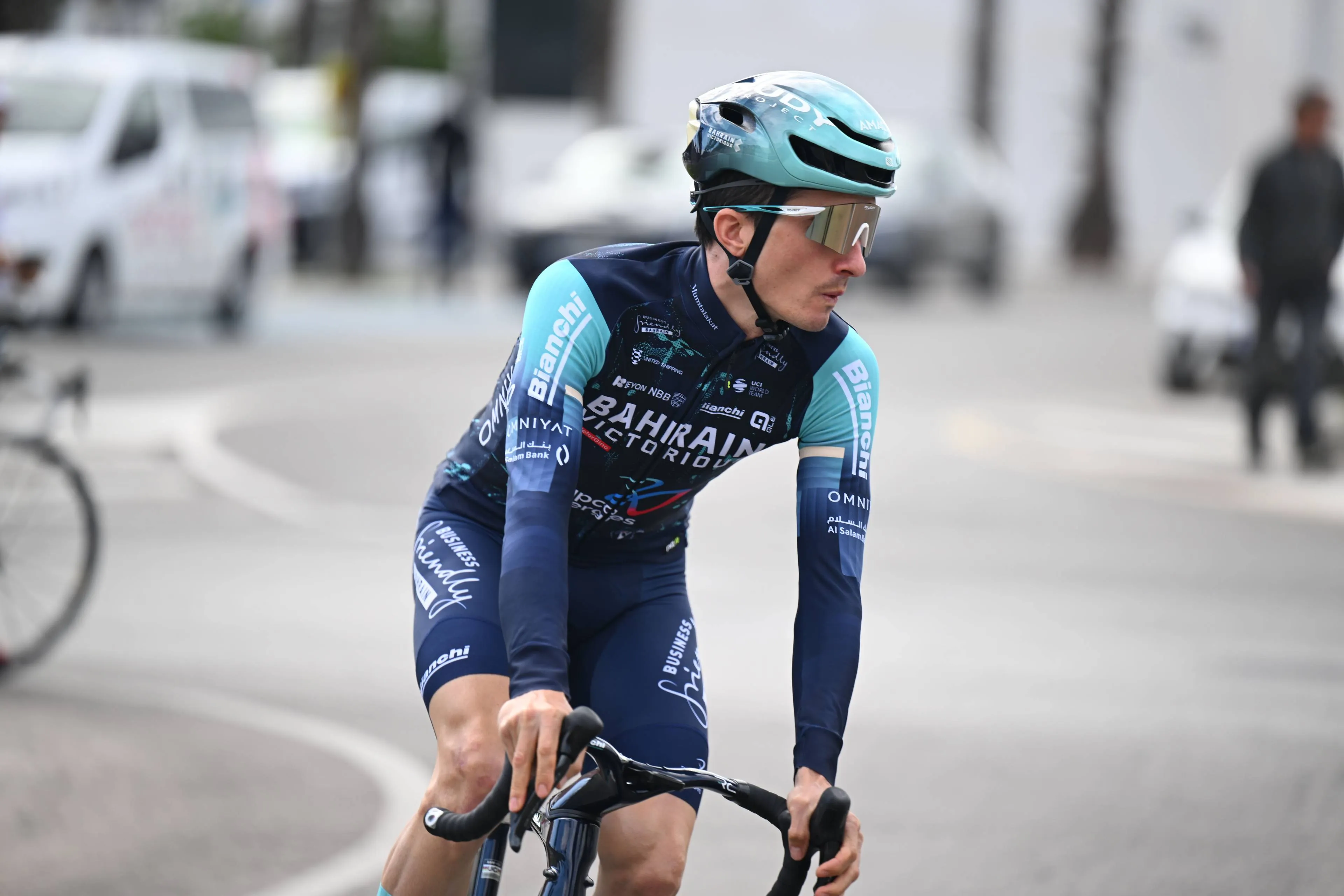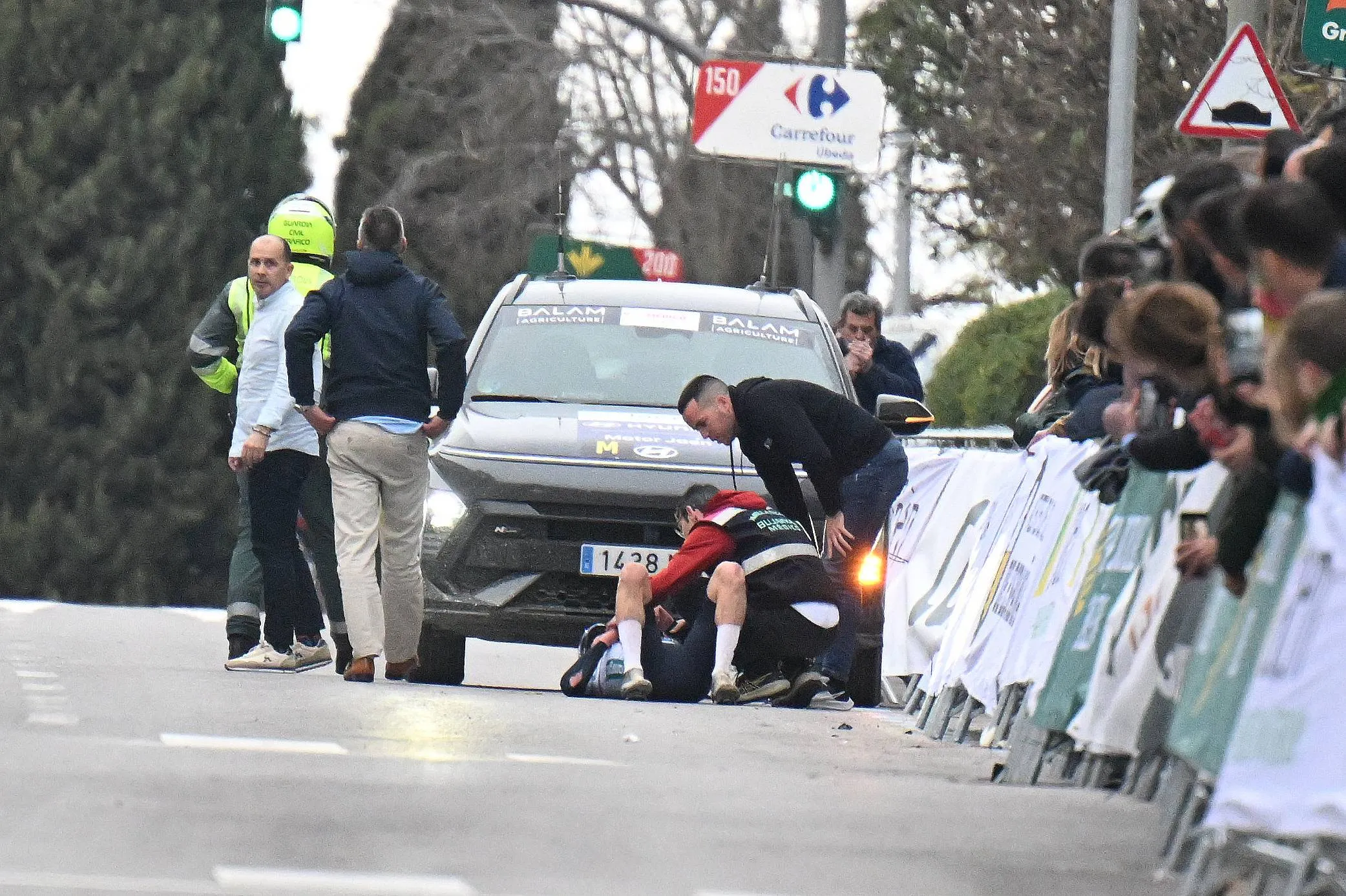ANALYSIS: 5 riders who have bounced back from difficult seasons in the past, including Tadej Pogacar and Chris Froome
CyclingTuesday, 14 January 2025 at 10:39
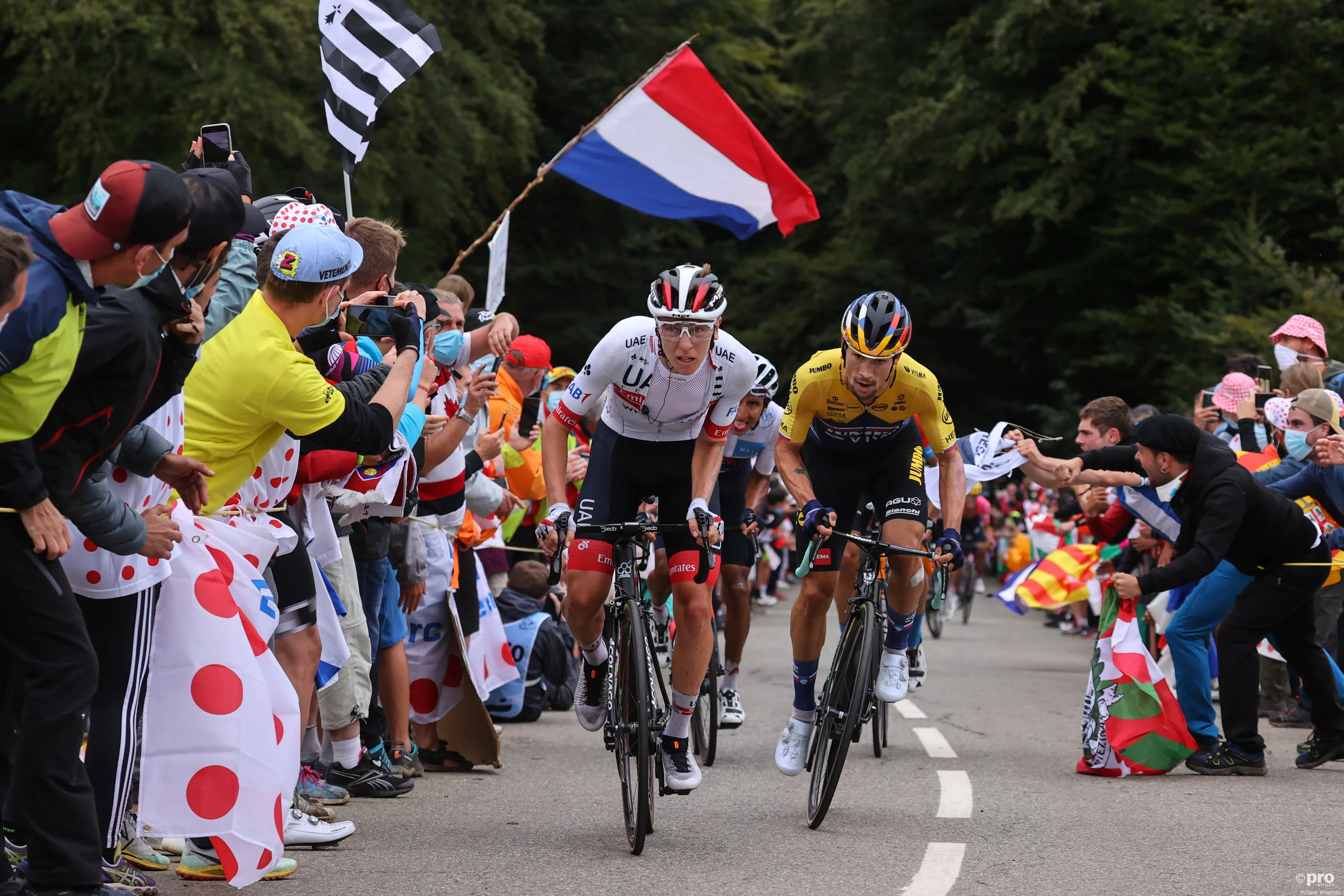
Cycling is a sport that demands not just physical greatness
but also immense mental strength, as riders face brutal races, unpredictable
crashes, and personal challenges. While setbacks are inevitable, it’s the
comebacks that truly define champions.
As the 2025 season draws ever closer, many riders will be
hoping to redeem themselves after challenging seasons in 2024. This article
delves into five inspiring stories of cyclists who rebounded from difficult
seasons to achieve greatness, including Tadej Pogacar and Chris Froome, whose
comebacks others will be looking to replicate this year.
Read also
1. Tadej Pogacar: 2024
Tadej Pogačar’s 2024 season is widely regarded as one of the
greatest in cycling history, if not the greatest ever. Winning the elusive
Triple Crown, comprising the Giro d’Italia, Tour de France, and World
Championships, along with two monuments, 12 Grand Tour stage victories, and
multiple classics, Pogacar redefined what was possible in the modern era of
racing. However, this triumph was born from the pain of a difficult 2023
season.
In 2023, Pogacar entered the Tour de France as a two-time
champion and one of the sport's brightest stars. However, his season took a
challenging turn when he suffered a wrist fracture at Liege-Bastogne-Liege in
April. This injury hampered his preparations for the Tour, and he faced a
formidable rival and defending champion in Jonas Vingegaard. While Pogacar
managed two stage wins, Vingegaard’s dominance was undeniable that year,
particularly in the latter stages of the race.
Read also
The third week of the Tour highlighted Pogacar’s struggles.
In the stage 16 time trial, he lost nearly two minutes to Vingegaard, in a stage
where Pogacar himself was miles better than the third placed rider. The next
day, Pogačar's fatigue reached a breaking point on the mountainous stage up the
brutal Col de la Loze, where he dropped like a stone and was heard over the
team radio saying, “I’m gone, I’m dead.” These performances showcased how
comprehensively Vingegaard had outmatched him in 2023.
The defeat spurred Pogacar to come back stronger in 2024.
His Triple Crown victory, coupled with wins at Liège-Bastogne-Liège and Il
Lombardia, solidified his place among the sport’s all-time greats. Pogacar’s
rebound is a testament to his determination to learn from setbacks and use them
as fuel for success, and he’ll be hoping for more of the same in 2025.
Read also
2. Mark Cavendish 2021
Mark Cavendish, often hailed as the "Manx
Missile," appeared to be nearing the end of his career by 2020. Battling
illness, injuries, and mental health struggles, Cavendish endured a prolonged
victory drought. Between 2016 and 2020, the once-dominant sprinter found
himself struggling to secure wins and facing questions about whether he could
return to the top, and he did not win a Tour de France stage following 2016 for
five years.
However, in 2021, Cavendish was given an unexpected
opportunity by Deceuninck–Quick-Step. Initially brought in to support other
sprinters, circumstances changed when Sam Bennett, the team’s lead sprinter,
was unable to participate in the Tour de France. Cavendish seized the moment
and delivered one of the most remarkable comebacks in cycling history.
Read also
Cavendish stunned the cycling world by winning four stages
of the Tour, stages 4, 6, 10, and 13, bringing his career tally to 34 stage
wins and equalling Eddy Merckx's long-standing record. He also claimed the
green jersey, an achievement he hadn’t accomplished since 2011. His
performances in 2021 reminded everyone of his raw talent and resilience, marking
a fairy-tale return to form, and he of course finally broke Merckx’s record and
retired at the end of 2024.
Cavendish’s 2021 season is a powerful story of redemption,
proving that even when a career seems over, sheer determination and the right
opportunity can reignite greatness from the ashes.
3. Bradley Wiggins: 2012
In 2011, Bradley Wiggins was among the favourites for the
Tour de France. However, his campaign came to a premature end due to a crash on
stage 7, resulting in a broken collarbone. It was a bitter blow for Wiggins,
who had shown promise in the previous year’s race.
Rather than letting the setback define him, Wiggins used it
as motivation to refine his preparation for 2012, and with the support of Team
Sky, he entered the season with laser focus. The results were nothing short of
spectacular. Wiggins dominated the Tour de France in 2012, becoming the first
British cyclist to win the prestigious race. His victory was built on his
exceptional time-trialling abilities and consistent performances in the
mountains.
Read also
The crowning moment of Wiggins’ 2012 campaign came shortly
after the Tour, at the London Olympics, where he won the gold medal in the
men’s time trial, further cementing his place in cycling history. His ability
to overcome the disappointment of 2011 and achieve such remarkable success in
2012 shows just what the world’s best riders are capable of when pushed to the
limit.
4. Chris Froome: 2015
Chris Froome’s career is one of the most impressive stories
in the history of cycling. After finishing second in the 2012 Tour de France
while supporting Bradley Wiggins (when arguably Froome was in better shape to
win), Froome established himself as a Grand Tour contender by winning the Tour
in 2013. However, his title defence in 2014 was derailed by a series of crashes
early in the race, and Froome suffered fractures in his wrist and hand, forcing
him to abandon the Tour on stage 5.
Read also
Determined to reclaim his place at the top, Froome dedicated
himself to recovery and preparation. His efforts culminated in a triumphant
return to the Tour de France in 2015, where he secured his second overall
victory. Froome went on to dominate the Tour in the following years, winning
three consecutive titles from 2015 to 2017, and after winning the Giro in 2018
he held all three grand tour titles at the same time.
Froome’s willpower in the face of setbacks, including
injuries and fierce competition, highlights his mental fortitude and commitment
to excellence. Without being denied the
chance to lead in 2012, and the crash of 2014, he may never have built the
extreme mental strength and hunger to dominate as he did.
Read also
5. Primoz Roglic: every year
Primoz Roglic seems to be in need of a comeback every year
doesn’t he? But one thing no one can deny about Roglic is his ability to bounce
back, as he has done time and time again. One of the most heartbreaking moments
in sports history came during the 2020 Tour de France, on that memorable stage
20 time trial. Leading the race heading into the penultimate stage, Roglic
appeared poised to claim his first Tour victory, however, a stunning time-trial
performance by Tadej Pogacar saw Roglic lose the yellow jersey in dramatic
fashion, finishing second overall.
The disappointment was profound, but Roglic used it as
motivation to come back stronger, and just a month later he was victorious in
the rescheduled Vuelta a Espana of 2020. In 2021, he returned to the Vuelta a
Espana after crashing out of the Tour, a race he had already won in 2019 and
2020, and dominated the event to secure his third consecutive victory. Roglic
also claimed Olympic gold in the time trial that year, proving his ability to
deliver under pressure.
Read also
ROglic has since won the Vuelta again in 2024, to bring his
tally to four red jerseys, and he also finally gained redemption by winning a
final stage mountain time trial to win the Giro d’Italia in 2023. Not bad for a
nearly man is it?
Roglic’s career exemplifies the importance of perseverance
and learning from setbacks. His ability to bounce back from the disappointment
of the 2020 Tour and achieve success on multiple fronts proves his status as
one of cycling’s elite, even if that stage in 2020 may always loom over him.
These five cyclists—Tadej Pogacar, Mark Cavendish, Bradley
Wiggins, Chris Froome, and Primoz Roglic—demonstrate how it possible to come
back stronger from a year of hardships. Their stories of overcoming adversity
to achieve greatness inspire fans and remind us that setbacks are merely
stepping stones to success, and many riders will be hoping to learn from them
in 2025.
Read also
claps 4visitors 3
Just in
Popular news
Latest comments
- Bahraini suspicious..Santiago19-02-2026
- The problem is, a British 'boss' opening the gates, when the native workers not wanting them!
 leedorney19-02-2026
leedorney19-02-2026 - Who is overrating him on climbs? Everyone knows since ages it’s his weakness and needed years of work. Question us if he can do enough about it. For sure he won’t be able to improve his TT enough to compensate.Mistermaumau19-02-2026
- What do you call only seeing someone’s positives?Mistermaumau19-02-2026
- Remco banging his leg, just like he banged his saddle when pog dropped him. He ain't fooling anyone with those antics. I'm not a hater, but he's a bit overrated on serious climbs.Santiago19-02-2026
- Obviously isn’t learning from the Epstein fallout. The more you unravel the past the more undiscovered mess appears.Mistermaumau19-02-2026
- I like Tadej a lot (a lot, a lot) but you're a little exxagerated... Allow me to give you some advice: Never become a fanatic for something or someone (neither pro nor against, haters are against-fanatics). And never idolize human beings.
 maria2024202419-02-2026
maria2024202419-02-2026 - What about them? What did they get away with in the end?Mistermaumau19-02-2026
- If I were Johan Bruyneel, I would be careful what I wish for... There is a high likelihood that revealing your side of the story will actually make things WORSE for you! Also, I suspect Lance will make himself look like the victim and throw you and everyone else under the bus!Pogboom19-02-2026
- As per a great many on the world stage...you must be beside yourself amongst them all!
 leedorney19-02-2026
leedorney19-02-2026
Loading
Write a comment
